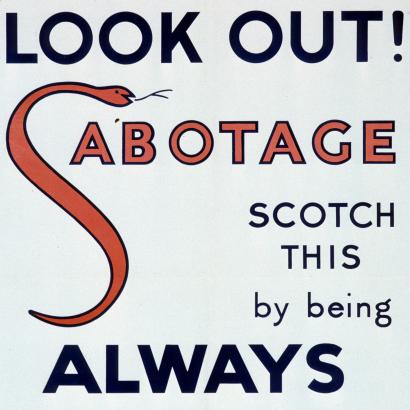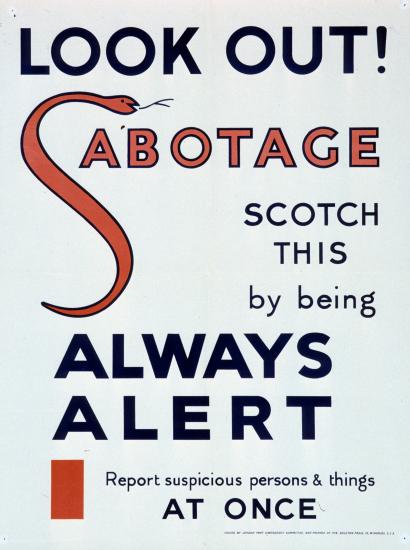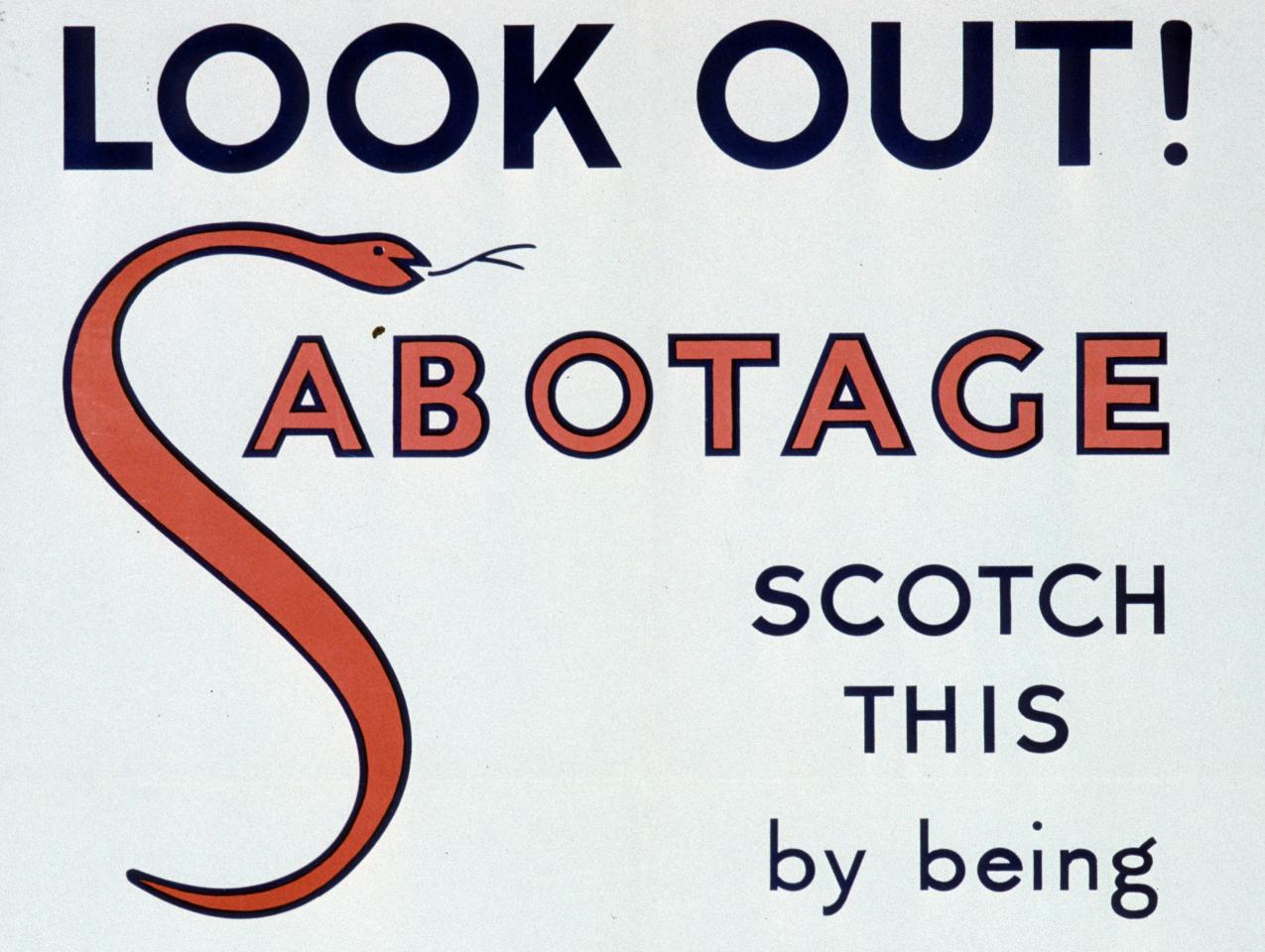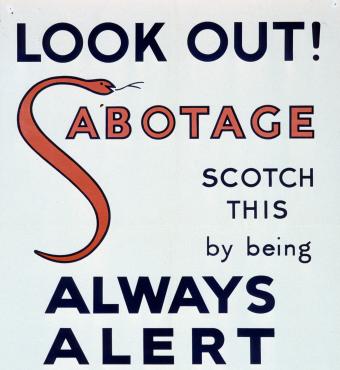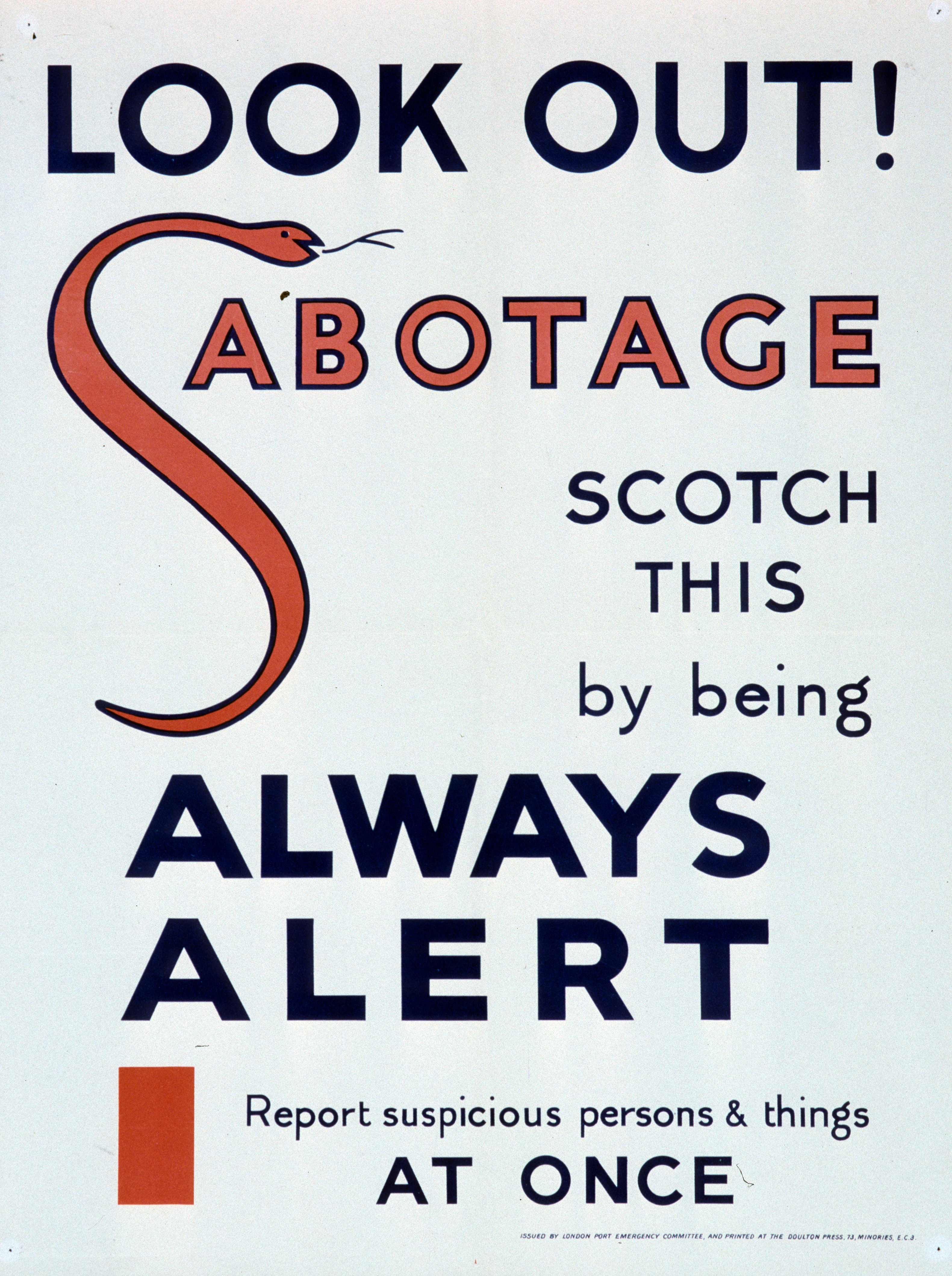
- Military
- History

Last Monday Denmark and Sweden discovered gas leaking from four locations along the Nord Stream gas pipelines that run under the Baltic Sea from Russia to points west. Seismic sensors indicated that the leaks were caused by undersea blasts. Suspicion immediately fell on Russia, although most European leaders danced around naming Moscow as the culprit. Swedish Prime Minister Magdalena Andersson stated the explosions were “likely an act of sabotage.” Polish Prime Minister Mateusz Morawiecki was warmer by claiming the likely sabotage was “related to the next step of escalation of the situation in Ukraine.” It remained for the Ukrainians to touch the hot stove. Ukrainian presidential advisor Mykhailo Podolyak took to Twitter to label the explosions “a terrorist attack planned by Russia and an act of aggression towards [the] EU.” Nord Stream 2 was never operational, and Russia had already cut off shipments of gas along Nord Stream 1, so what did the Kremlin have to gain by sabotaging pipelines that delivered Russian gas to its customers?
The incident was reminiscent of a similar episode in the Gulf War of 1991, when Iraqi President Saddam Hussein ordered oil pumped into the waters of the Persian/Arabian Gulf to deter an amphibious invasion of the Kuwaiti coast. Around four million barrels of oil emptied into the Gulf before a U.S. airstrike destroyed the facilities pumping the oil offshore, making the incident the largest oil spill in history. The George H. W. Bush administration labeled the incident an act of eco-terrorism.
But targeting maritime infrastructure goes further back in time. At the onset of World War I, the Royal Navy cut the undersea cables linking Germany with the outside world. Germany was from that point forced to use British cables to communicate intercontinentally, which enabled British censors to eavesdrop on the conversations. One such message was the Zimmerman telegram, which detailed a German offer to Mexico to back the acquisition of land in the American Southwest in return for its entering the war on the side of the Central Powers. British intelligence intercepted and decoded the transmission, and the British government provided a copy to the Wilson administration, helping to propel the United States into the war on the side of the Entente.
The Russian gambit in the Baltic was likely meant as a warning to Europe: Push too far in Ukraine and find yourself cut off from the outside world, shivering in the darkness of a cold and digitless winter. Kremlin spokesman Dmitry Peskov told reporters with no small sense of irony: “It looks like a terror attack, probably conducted on a state level.” Natural gas prices spiked higher in the aftermath of the explosions. The episode could also lead to an unexpected escalation of the conflict, with Western navies squaring off against their Russian counterpart in an effort to defend the vital maritime energy and communications networks on which Europe depends. NATO has warned that it would retaliate for attacks on member nation infrastructure. As the methane gas in the Nord Stream pipelines bubbles to the surface, it carries a not-so-subtle message to the West of the very real cost of its support of Ukraine.







